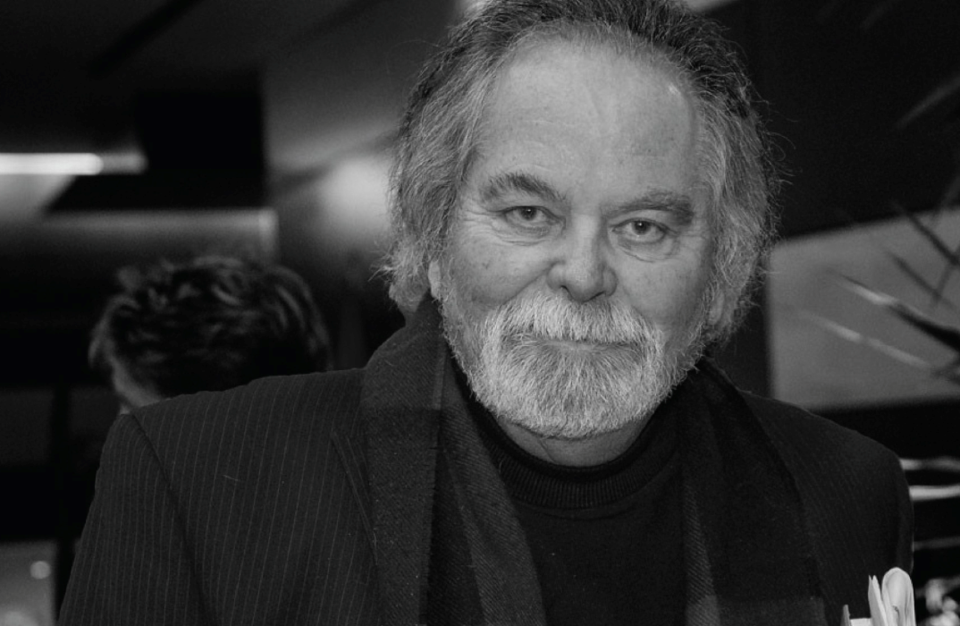Prominent Simon Fraser University professor emeritus of criminology and public policy analyst Robert Gordon has died, leaving behind a trail of “pivotal” contributions to his field, according to a statement from the school.
Gordon spent 15 years directing the SFU School of Criminology and was a founding director of the International Cybercrime Research Centre. He earned the title “The Captain” among his peers.
have been posted to the university’s website. Among them, former president Andrew Petter noted “Gordon was a force to be reckoned with in so many ways.”
“In addition to being a dedicated teacher, prolific scholar and omnipresent media commentator, he was a major contributor to the life of SFU in his multiple roles as an academic administrator, member of the Senate and other bodies, and institutional sage,” added Petter.
In addition to countless academic achievements and memberships, Gordon was “well-known as British Columbia’s go-to expert for analysis on crime and policing” and “became a sought-after voice for all major Canadian and international news outlets over the years,” the university stated.
The university noted Gordon had been mentioned over 1,500 times in media articles through his life, culminating in being bestowed the 2023 SFU Newsmaker Lifetime Achievement award for such extensive commentary on crime and policing stories over the years.
“It should be evident that I value our media colleagues and, in my view, the relationships we build with journalists are important,” at the time of his award.
The media, said Gordon, “are effective in transmitting our thinking and our findings to a huge audience. In the digital age, it appears that the media are best suited to deliver information and encourage dialogue.”
Gordon died on April 25, just two weeks after his last commentary to media — a Vancouver Sun , which he had been highly critical of for its costly rollout since 2018.
Gordon pulled few punches on the transition, the issue that consumed most of his last media commentaries.
“I don’t think the public interest is at play here at all. I think it is power politics involving individuals and institutions,” .
In B.C., Gordon had long been an and regional police forces, often describing himself as “,” which he designated as a bureaucratic behemoth, or the “Big Red Machine.”
Gordon started his career in policing in London and later worked as a Hong Kong police officer before the 1997 British handover. Gordon then worked in policing in Australia before settling at SFU.
As his friend and former London police colleague Keith Taylor noted in his tribute, Gordon took a keen interest in international politics on account of his travels.
In 2021, Gordon called it that the Justice Institute of B.C. had been training China’s police forces.
He noted he and others at SFU had to be on guard against the Chinese government requesting open access to high-level cybersecurity courses for its nationals. Gordon said he led a push to block the course to international students outside the Five Eyes group of countries (New Zealand, Australia, United Kingdom and the United States).
But such serious topics were often met with humour by Gordon, many noted.
“Rob and I spent many hours hiking in the North Shore mountains. Our frequent stops were because of laughter rather than the gruelling terrain. They were fun times,” said Taylor.
“I could always count on Rob for insight and advice which he dispensed with good humour and generosity. And while he took it upon himself to jokingly refer to me as ‘boss,’ I never doubted who in the university truly merited the right to be called ‘captain,’” added Petter.
“He had a great sense of humour and approached running a university with a twinkle in his eye and a kindly mockery of the foibles of senior administrators,” wrote Jon Driver, professor emeritus of archeology.
Gordon was also a distinguished fellow of the Canadian Centre for Elder Law at the University of British Columbia, co-founder of the Centre for Restorative Justice, and a member of the Board of Directors of the .




